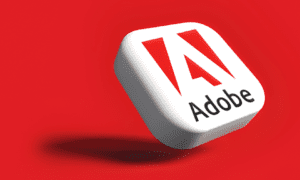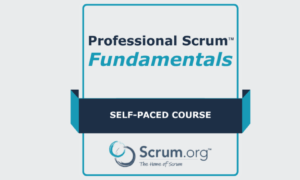Any serious programmer or web developer should have some knowledge of databases. Some may find it necessary to design databases, others to use them. Either way, you need to know how they work and get comfortable with the basics.
The amount of information about relational databases is limitless, but this article will focus on the most essential courses for beginners in this area. The five courses listed below give a great introduction to databases and SQL (the language used for processing queries in relational database management systems). After completing these introductory courses, students will be prepared for intermediate/advanced level education in this field.
Course 1: Introduction & Fundamentals – Stanford University via Coursera [2 weeks]
This course from Stanford University is a true beginner-friendly introduction to the world of relational database management. It starts with an explanation of why databases are important and what they are used for, before moving on to installing MySQL, the most popular open-source RDBMS, onto your own computer. You will create a database schema consisting of multiple tables and use it through SQL queries to extract useful data.
Course 2: Querying Data with Transact-SQL – Microsoft via edX
The second course of this list is free to take on edX, no code required! This course introduces all the features you need in order to start using SQL effectively. After completing it, you’ll be familiar with advanced querying techniques including aggregates, joins, grouping, subqueries, and window functions. You will also gain enough skills to perform ad-hoc database queries and use SQL as a powerful querying language.
Course 3: How To Build A Database-Driven Website – Udacity via Udacity [8 weeks]
This course starts with basic data models and relational databases, before moving on to explaining how websites work and what makes them click. Finally, you’ll be building your own fully functioning web applications using PHP and MySQL (or MariaDB) as backend storage systems. It is worth noting that the first two courses on this list deal mostly with SQL concepts while the last three benefit from the knowledge of object-oriented programming languages such as Java or C++(++) which you should already have learned if you want to complete this course.
Course 4: Introduction To Databases – Miríada X via Miríada X [8 weeks]
This course, taught by several SQL experts, starts with the basic concepts of database management systems and continues to more advanced topics. You will learn what database normalization is, how to use transactions and constraints, as well as about some more advanced implementations of these features within MySQL.
While this course does not give extensive coverage on all relational algebra operations (which would be out of scope), it does provide a good foundation for those who want to continue studying databases in greater depth.
In case you will need some database assignment help, there are professionals ready to help!
Course 5: Introduction To Database Systems – University of California via edX [12 weeks]
The last class on our list comes from UC, Berkeley. It starts with relational databases, covers NoSQL databases too, and ends with the latest developments in data storage systems. There are several practical assignments included in this course that will allow you to test your knowledge of what you have learned while enrolled in it.
The above 5 courses will give you an excellent starting point for further exploration of the wonderful world of databases!



































